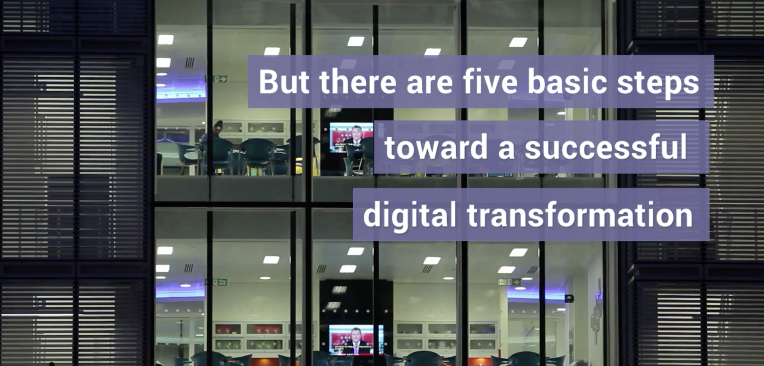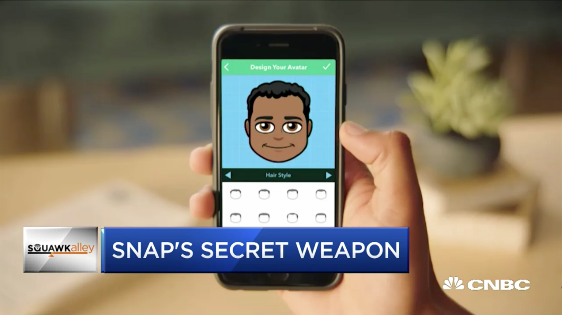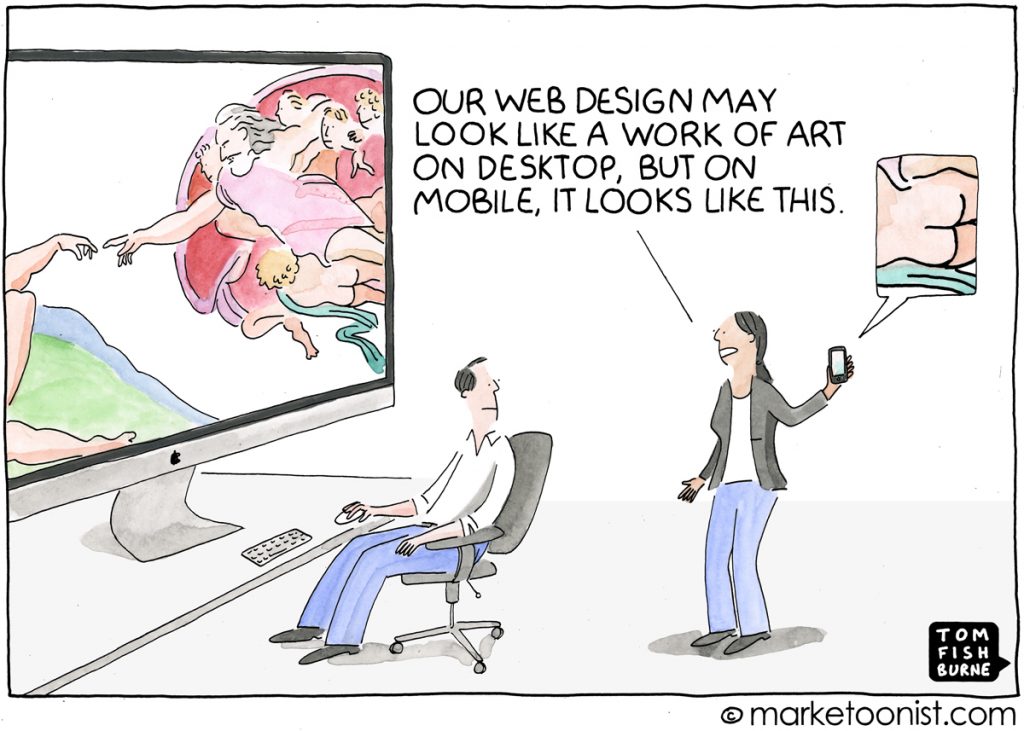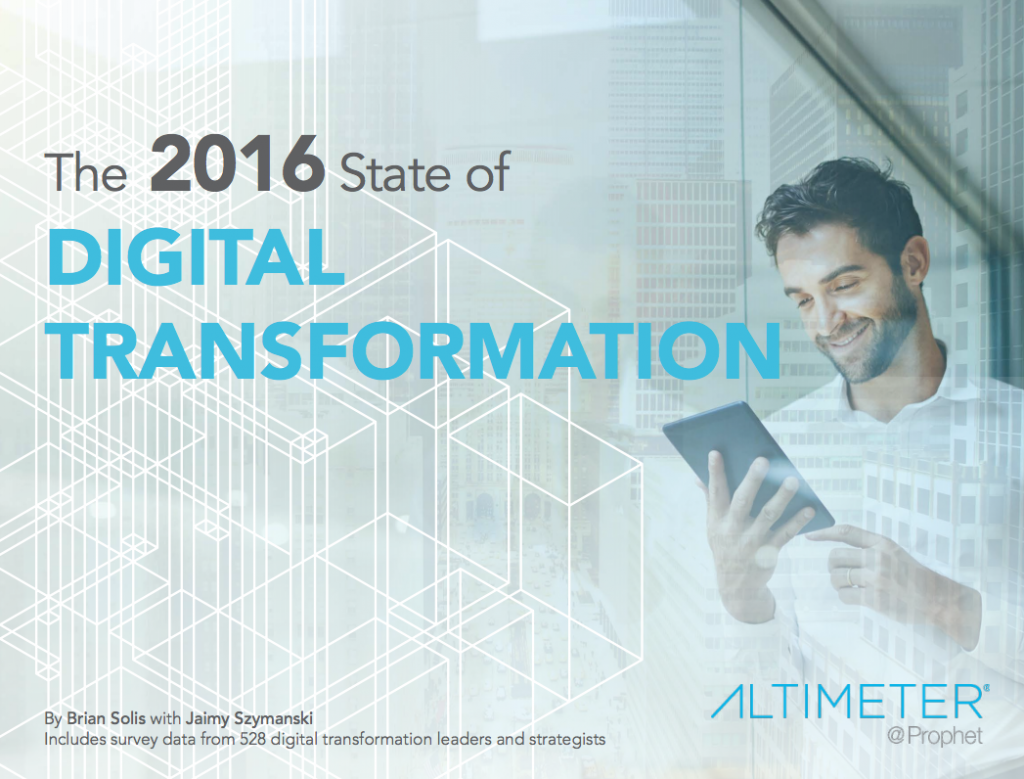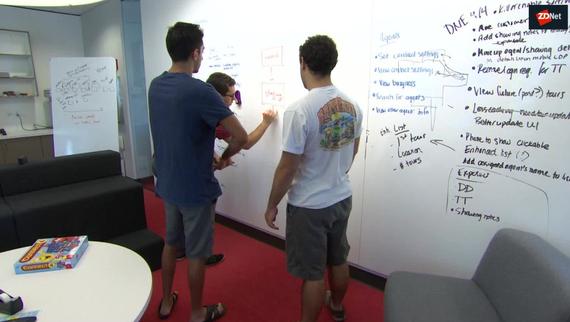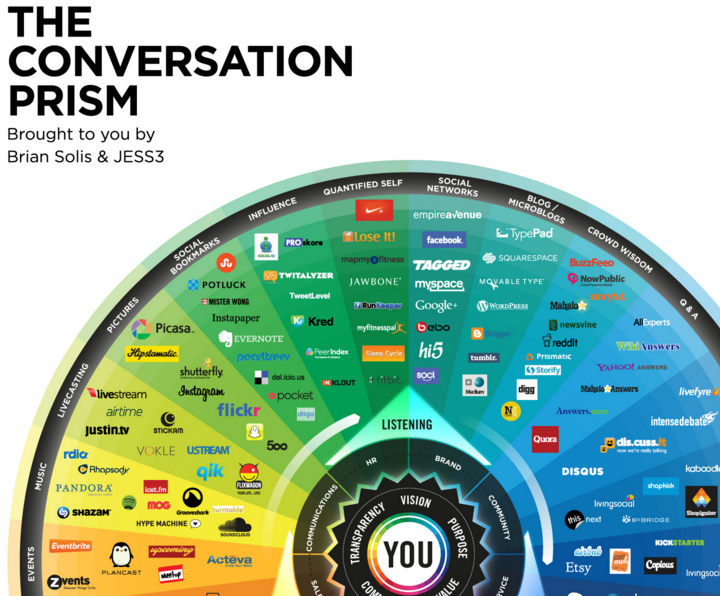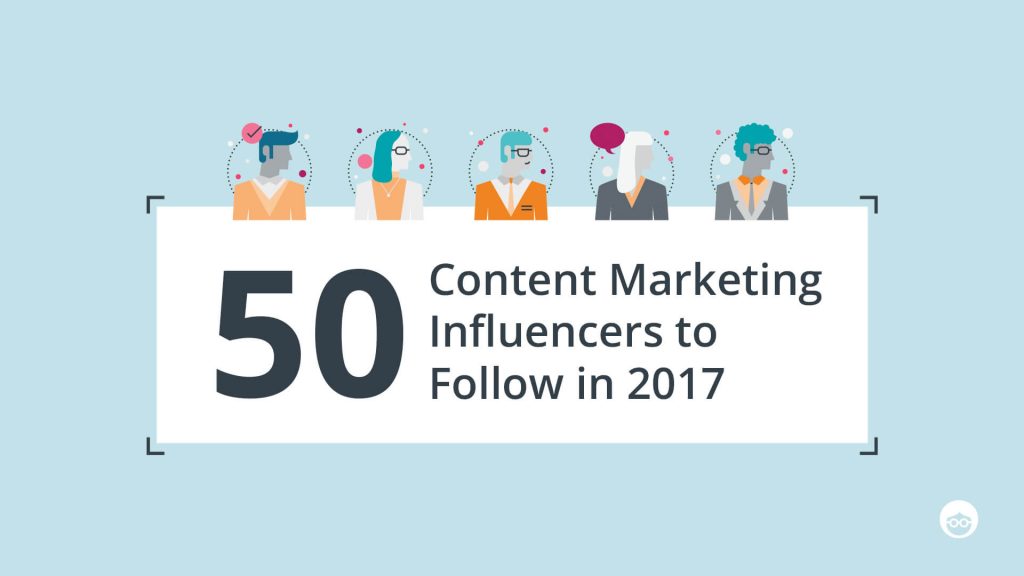ZDNet examines the ways businesses can win at digital transformation. The article points to Brian Solis who believes evolving customer behaviors and preferences are the number-one catalyst driving organizational digital change, and that improving employee engagement will soon follow.
ItProPortal: AI to propel the Open Economy, claims Samsung
A new report by Samsung states that Artificial Intelligence is the technology propelling the Open Economy forward. On this subject, Brian Solis commented, “We are looking at a future in which companies will indulge in digital Darwinism, using IoT, AI and machine learning to rapidly evolve in a way we’ve never seen before.”
CNBC: Snap’s secret weapon
Brian Solis is quoted in this CNBC piece on Snap acquiring Bitmoji saying, “Bitmoji makes that experience even more fun, personal and familiar.”
Marketoonist: Designing for mobile
Career marketer and cartoonist Tom Fishburne quotes Brian Solis on designing for mobile first, “While mobile is often referred to as the second screen, the reality is that smartphones are really the first screen among connected consumers. It’s always within reach. And, it is the first place consumers go to communicate, research, and share…”
Forbes: Mind The Gap — Where User Experiences Go To Die
Humans are capable of turning simple digital experiences into disasters, partially because only 54% of companies map out their entire customer journey, according to Brian Solis’ latest report, “The 2016 State of Digital Transformation.”
ZDNet: Eight obstacles to overcome in your digital transformation journey
As you go to digitize your business, Brian Solis points out that legacy systems and a lack of digital literacy continue to be a challenge for most enterprises, Almost every aspect of how a company does business today is built on the premise of how businesses worked in the last hundred years.”
Brian Solis Offers Best Practices for Delivering Micro Moments on Cisco’s Connected Futures Site
Solis is featured and quoted throughout Kevin Delaney’s article “Defying Demographics: Today’s Hyperconnected Consumer ‘Generation’” on Cisco’s Connected Futures site. Solis is introduced into the piece defining his concept of Generation C: ““Generation C is a concept I developed to categorize this new connected customer.” Unlike traditional demographic groups, Solis explains, Gen C is “psychographic” — defined not by age, geography, or income, but by behavior. That is, digital behavior. Its members could include your precocious pre-teen or your…
The Travel Vertical: Cool Tools– The Conversation Prism for Social Media
Described as the “standard illustration for all things social media,” the Conversation Prism, conceived by Brian Solis and designed by JESS3, is a “visual map of the social media landscape” that shows that “social media is not a fad and that it’s bigger than Facebook, YouTube, Twitter, and Pinterest.”
Outbrain: Content Marketing Influencers to Follow in 2017
Brian Solis was chosen as one of the top content marketing influencers to follow in 2017 because of his work studying disruptive technology and its impact on business.
Associations Now: Report– Influencer Marketing is on the Rise
Brian Solis, a principal analyst at Altimeter Group, conducted a survey of 100-plus marketers and brand strategists…to get a detailed look at where the influencer market stands today and how it may look in the future.
